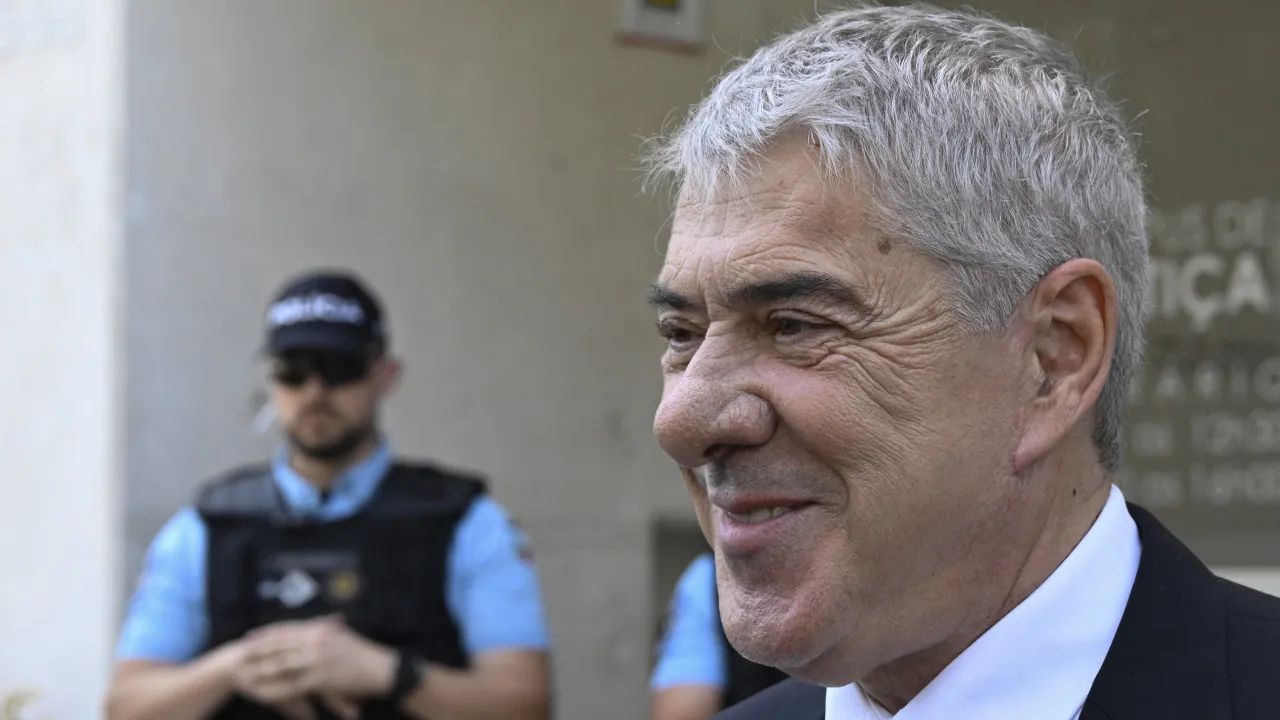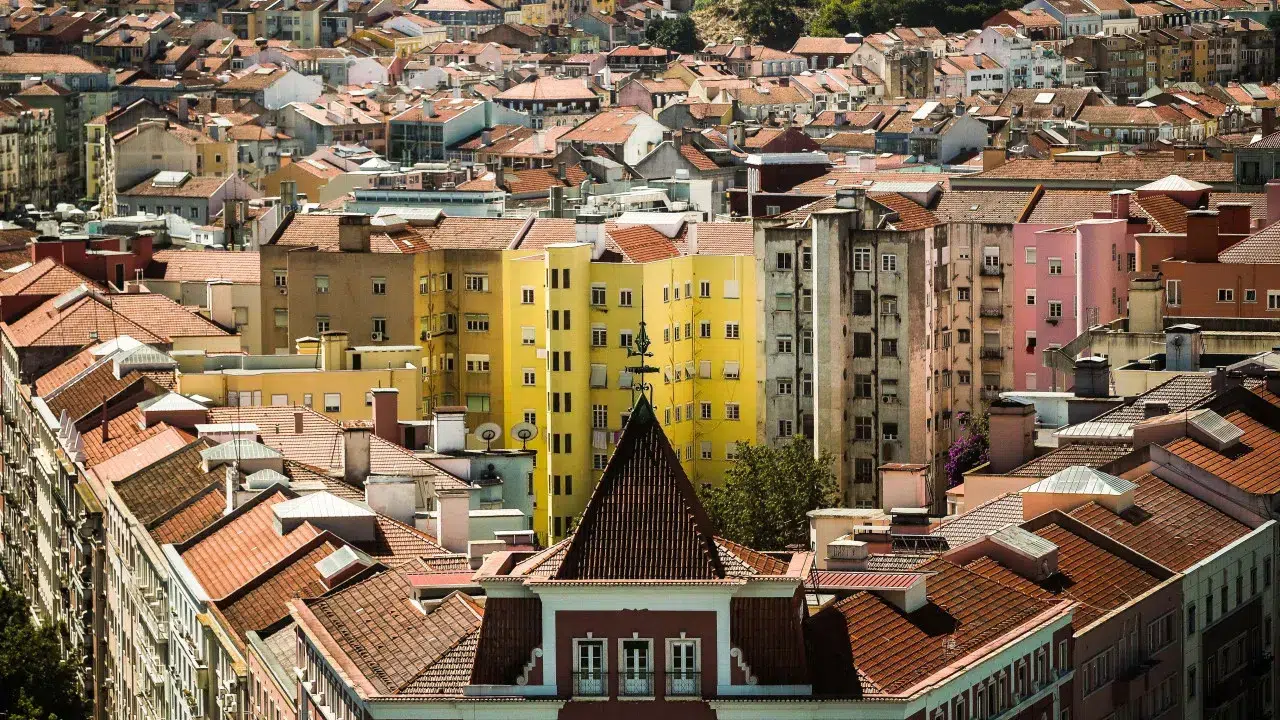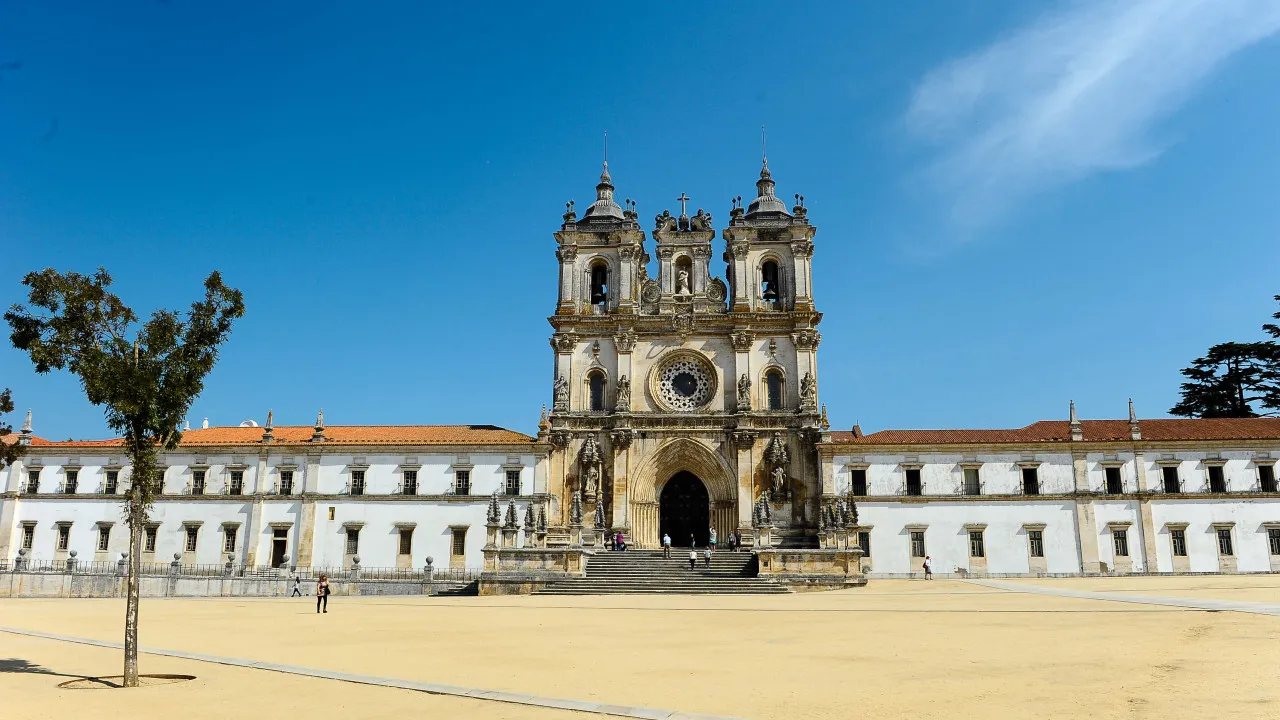
“I summon António Costa so that this truth is clear. It was he who introduced me to Manuel Pinho. It was not Ricardo Salgado at all. And what I regret, indeed, is that Dr. António Costa remained silent for all these years about this truth. He could have said it immediately”, said José Sócrates outside the court.
For the former minister, António Costa’s attitude “is merely cowardice” and acknowledges that the distance from António Costa caused him “some suffering, but that was 10 years ago, not now.”
“That’s water under the bridge,” he said.
According to the Public Prosecutor’s accusation, Manuel Pinho, who served as Minister of Economy under the Socialist Government of José Sócrates, was reportedly suggested by the former president of Banco Espírito Santo (BES), Ricardo Salgado, to intervene in the government in favor of Salgado’s interests.
“I had no acquaintance with Ricardo Salgado. My relationship with Manuel Pinho began precisely when Dr. António Costa introduced him to me”, said Sócrates.
Regarding today’s session, Sócrates said he left the court with “a feeling of déjà-vu, of having seen this movie before,” insisting that he has already proven his innocence during the investigatory phase and that the trial will revisit everything discussed over three years of inquiry.
José Sócrates argued that “there is an absolute nullity” in this trial, since the decision of the Lisbon Court of Appeal supporting the accusation in the trial cannot legally be regarded as an indictment.
“It is not. That is false. (…) The Court of Appeal cannot indict anyone, any citizen, unless they are a prosecutor or a judge. Well, I am neither a prosecutor, thank God, nor a judge. And, therefore, I cannot be indicted by the Court of Appeal as they [the judges] intend. That is, the judges are perpetuating a fraud here”, said Sócrates.
As he did upon entering, Sócrates stated that the accusation is based on the idea of a “writing error” by the Public Ministry, resulting in a requalification of the charges solely to maintain the possibility of bringing him to trial.
“For what? To humiliate. Because deep down, deep down, all of this has a purpose. The purpose of this entire spectacle is humiliation”, he said.
Eleven years after José Sócrates’ detention at Lisbon airport, the trial of Operation Marquês began today, bringing the former prime minister and over 20 defendants to court, involving more than 650 witnesses.
A total of 117 crimes are at issue, including corruption, money laundering, and tax fraud, for which the 21 defendants in this case will be tried. For now, 53 sessions are scheduled, extending until the end of this year, with future sessions to be arranged; during this trial, 225 witnesses called by the Public Ministry and about 20 called by each defendant’s defense will be heard.




